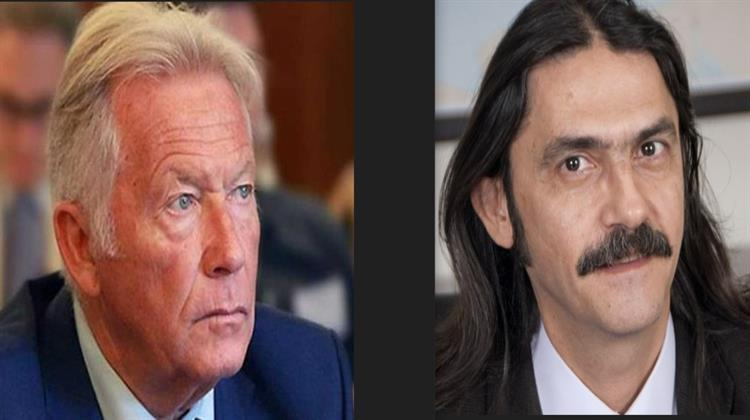Tracing the Challenges of the Energy Transition

The economic recession has increased energy costs, once again proving the inseparable link between energy security and social well-being. However, the real reasons behind the rise in costs also stem from the rapid and somewhat inadequate planning of the energy transition. Regarding Europe, while it aims to electrify transportation, heating, and cooling, it no longer has privileged access to the planet’s energy resources, including fossil fuels and critical minerals. Widespread electrification is expected to more than triple electricity demand in Europe, from approximately 2,500 TWh in 2022 to 8,500 TWh by 2050.
For an Electric Power System (EPS) to operate smoothly and securely, generation must always match demand at any given moment, and (traditionally) generation must be able to follow fluctuations in demand. It is evident that relying solely on renewable energy sources cannot achieve this goal. Until we achieve sufficient storage capacity and/or develop the means and technology to produce hydrogen from water electrolysis at an acceptable cost, it is necessary to maintain the use of conventional fuels for a considerable period.
Current experience shows that (as expected) the increase in renewable energy production, combined with a lack of storage capacity, leads to growing curtailments of their generated power. These curtailments will rise exponentially (with an unknown exponent) as installed renewable capacity increases, making such investments progressively less attractive and more uncertain while also driving up electricity costs. At the same time, Electric Power Systems (EPS) face a major and growing challenge in regulation and balancing during sunset. As the sun sets, photovoltaic stations simultaneously cease production, while electricity demand rises due to lighting needs. In the absence of batteries, the loss of photovoltaic generation must be compensated by conventional power plants, which must rapidly adjust their output. The flexibility of conventional plants to balance generation and load must continuously increase—something that is highly unlikely given current technological and economic conditions.
One solution that has been rightly prioritized for the interim period until the necessary storage capacities are established is the reinforcement of cross-border interconnections in Europe. Weak points (bottlenecks) identified in the European network that require strengthening exceed 100. According to the Ten-Year Development Plan of the European Network (2022 edition by ENTSO-E), increasing the transmission capacity of cross-border interconnections by a total of 64 gigawatts (GW) will require annual investments of approximately 2 billion euros per year until 2030. It is estimated that these investments will contribute to reducing overall energy costs by approximately 5 billion euros annually. This trend is also confirmed for the following decade (2030–2040), with projected investments of around 6 billion euros per year in cross-border transmission capacity, storage, and peak power units, leading to an annual reduction in energy costs of approximately 9 billion euros.
The energy transition is a key objective of our time. The expected costs of achieving this goal, along with its broader implications, have led to increasing disputes, particularly in the Western world. Concerns regarding the trajectory of energy transformation are reflected at the European level in the recurring National Energy and Climate Plans (NECPs) that EU member states are required to publish. In the majority of these plans, one can identify highly ambitious targets, but little to no information on critical parameters such as resource availability, funding, technological advancements, or supply chain capabilities. Regarding the timeline of the transition, indicative targets (for 2030 or 2050) are mentioned, but in reality, the time required for this transformation cannot be accurately estimated.
"ENERGIA.gr - By Invitation - December 13, 2024"
Yannis Bassias and Yannis Kampouris - Translation from Greek
Ανιχνεύοντας τις Προκλήσεις της Ενεργειακής Μετάβασης